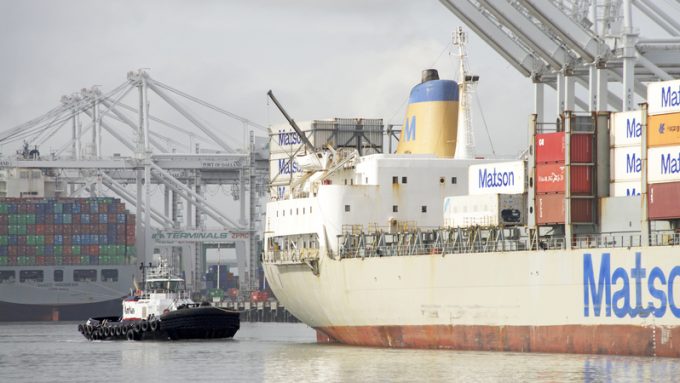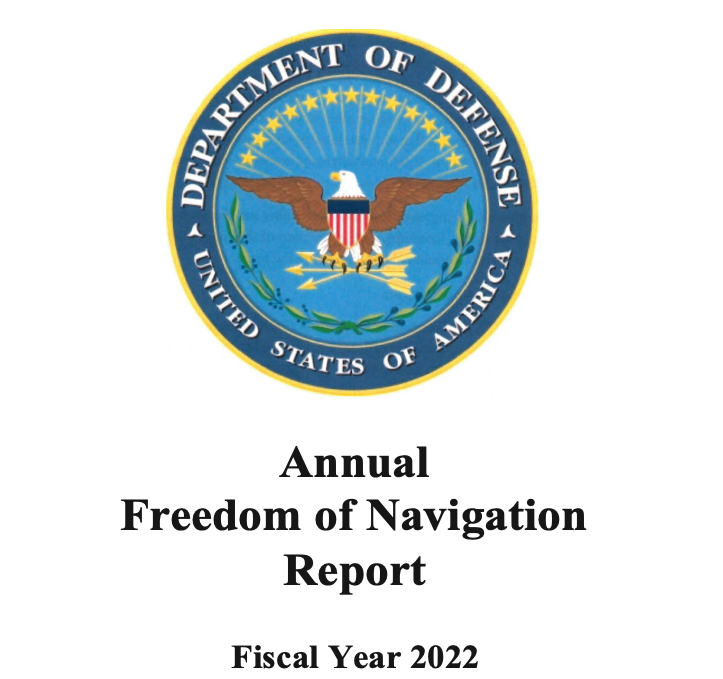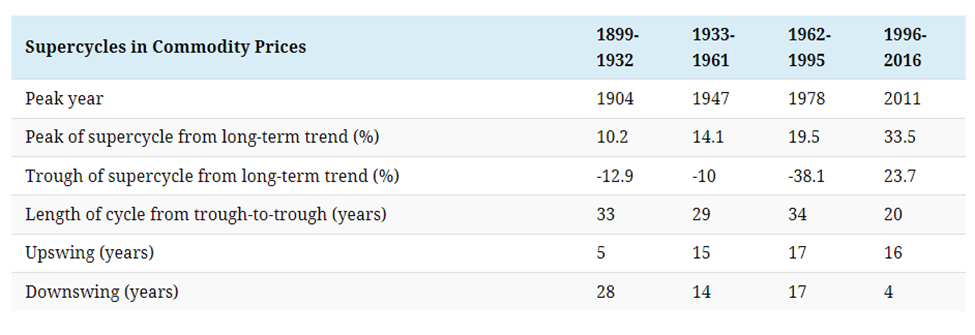- Messages
- 36,149
- Reaction score
- 6,240
- Points
- 288
A court case involving Landstar, a mysterious driver named James and the theft of valuable cargo is being viewed as a significant victory for the brokerage industry.
The 11th U.S. Circuit Court of Appeals has affirmed a lower court ruling that Jacksonville, Florida-based Landstar was not negligent in the August 2020 theft of a truckload of expensive freight.
The players in the drama are Landstar Ranger, one of the brokerage company’s operating units; Tessco Technologies, a manufacturer of wireless communications technology that hired Landstar to move a truckload of its products from Colorado to Maryland; L&P Transportation, the carrier that Landstar booked to move the freight; somebody named “James” who snookered Landstar into thinking he was representing L&P but instead picked up the cargo and was never seen again; and Aspen American Insurance, which insured Tessco, paid it for its losses and then sued Landstar.
More:

 www.freightwaves.com
www.freightwaves.com
The 11th U.S. Circuit Court of Appeals has affirmed a lower court ruling that Jacksonville, Florida-based Landstar was not negligent in the August 2020 theft of a truckload of expensive freight.
The players in the drama are Landstar Ranger, one of the brokerage company’s operating units; Tessco Technologies, a manufacturer of wireless communications technology that hired Landstar to move a truckload of its products from Colorado to Maryland; L&P Transportation, the carrier that Landstar booked to move the freight; somebody named “James” who snookered Landstar into thinking he was representing L&P but instead picked up the cargo and was never seen again; and Aspen American Insurance, which insured Tessco, paid it for its losses and then sued Landstar.
More:

Landstar, a cargo theft and a guy named James net legal win for brokers
A case involving the theft of expensive freight may have led to a legal precedent benefiting brokerage liability.
 www.freightwaves.com
www.freightwaves.com


























